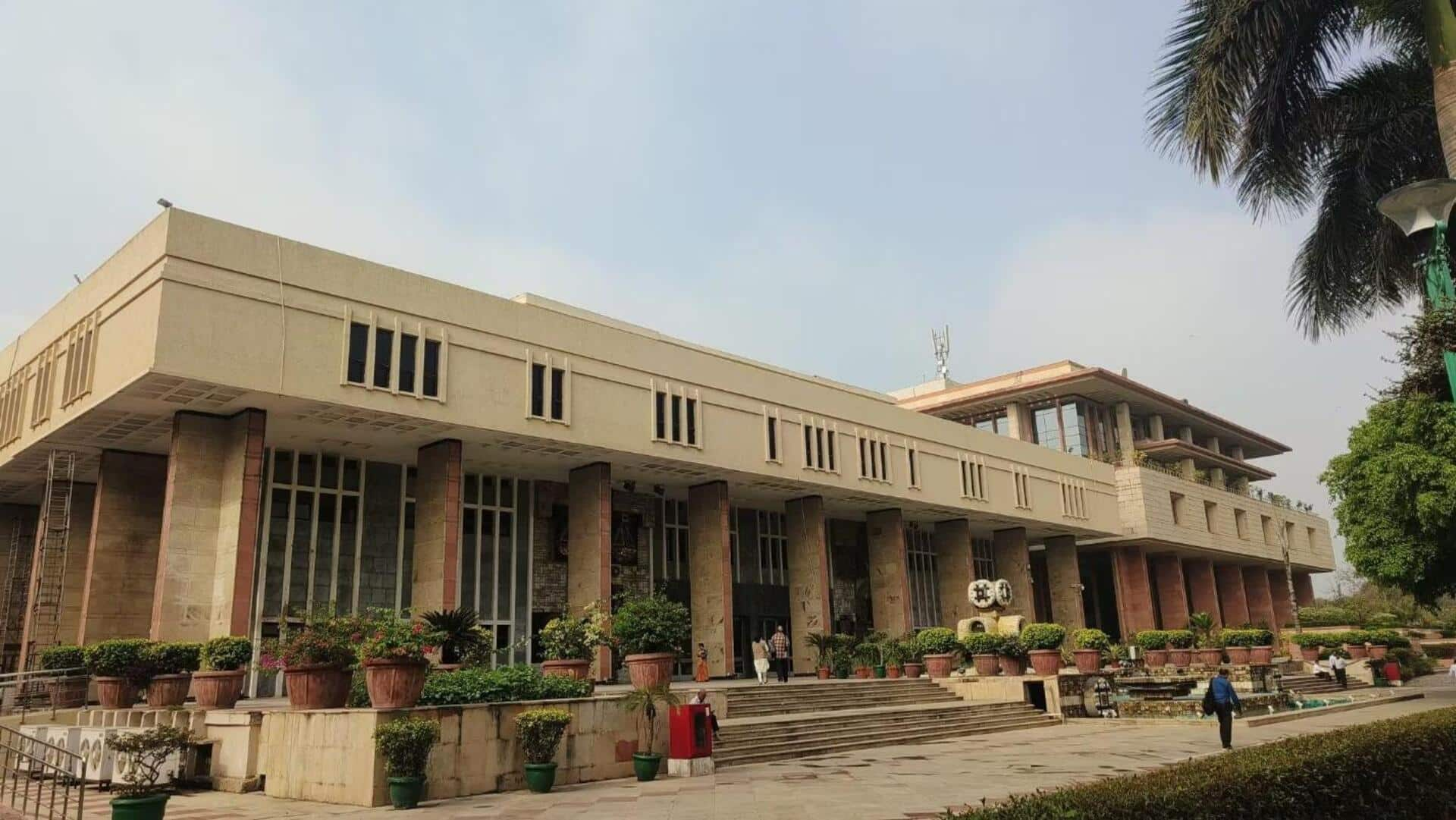
No wrongdoing if sexual activity between consenting adults: Delhi HC
What's the story
The Delhi High Court has ruled that consensual sexual activity between two adults, irrespective of their marital status, cannot be considered misconduct. Justice Amit Mahajan made the declaration during a case involving a married man accused of rape under the false promise of marriage. The court emphasized that the woman's continued association with the man, despite knowing his marital status, indicated her consent.
Relationship details
Court highlights woman's continued association with accused
The court noted that the woman had been in contact with the accused for a significant period before filing the complaint. Despite being aware of his marital status, she desired to maintain their relationship. While societal norms suggest that sexual relations should ideally be within the confines of marriage, no misconduct can be attributed if consensual sexual activity takes place between two consenting adults, regardless of their marital status, Mahajan stated in an order passed on April 29.
Complaint analysis
Court observations on timing and nature of complaint
The court observed that the First Information Report (FIR) was filed nearly fifteen months after the first alleged incident, with no evidence suggesting any coercion on the woman's part. It is clear that the complainant had made a conscious decision after thoroughly considering what had transpired. Her actions at this stage do not suggest passive acquiescence under psychological duress but rather imply tacit consent, devoid of any misconception, stated Mahajan.
Allegation assessment
Court stresses importance of accurate allegations
Recognizing the seriousness of the alleged crime, the court emphasized that imprisonment's purpose is not punitive but to ensure the accused's presence during trial. It further noted that unfounded accusations of sexual misconduct and coercion can harm an individual's reputation and undermine credibility in genuine cases. Therefore, Mahajan stressed, it is crucial to exercise extreme caution when assessing allegations against an accused, especially when matters of consent and intent are disputed.